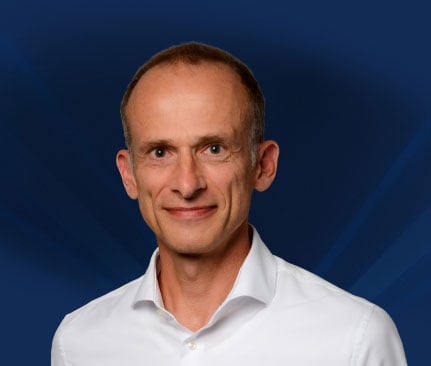Busch: Part of our resilience is innate or learned in early childhood and can hardly be influenced. The other part benefits from very basic recommendations that sound like old-fashioned tips from women's or men's magazines: It's all about physical well-being, meaning eating healthily, getting enough and good sleep, exercising and being active in nature.
Personal relationships are also a very important source of strength, especially in crises and difficult times, so you should take care of your partner, family and friends. Sharing the burden on different shoulders makes it easier for everyone.
To strengthen resilience, it is also important to experience yourself as "self-effective". Life and work should be organized in such a way that we can experience small successes again and again, that we can solve some of our problems. We experience this self-efficacy all the more intensely when we move a little outside our personal comfort zone and take calculated risks. A few small risks or micro-adventures make life colorful and our psyche strong. A slight uncertainty activates us and can be used wisely; I call this uncertainty energy. We realize what we can achieve – – and that is usually much more than we think. This is how we develop a sense of security in ourselves. This strengthens our mental immune system and our resilience immensely. Humor is also important for resilience.






